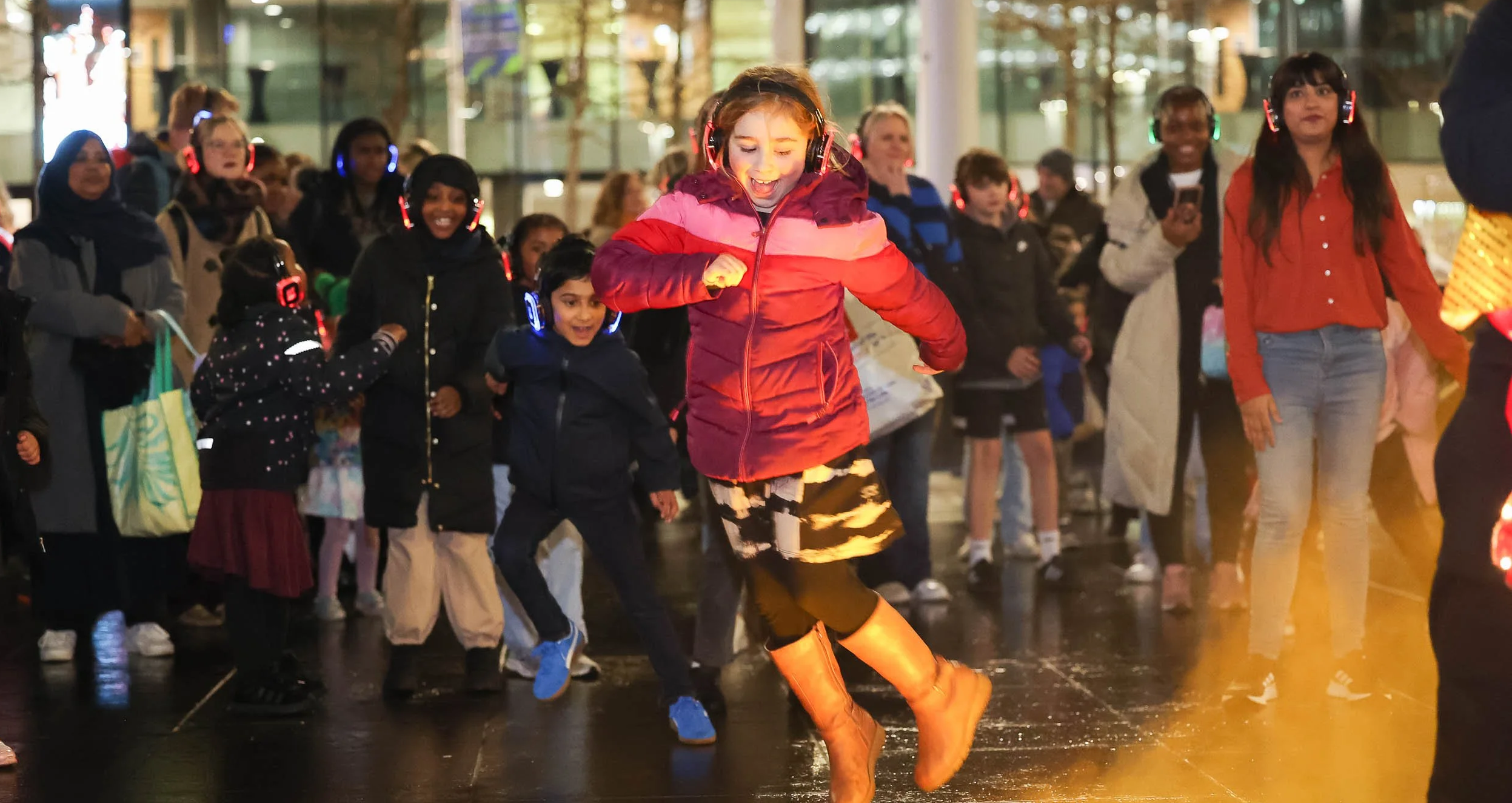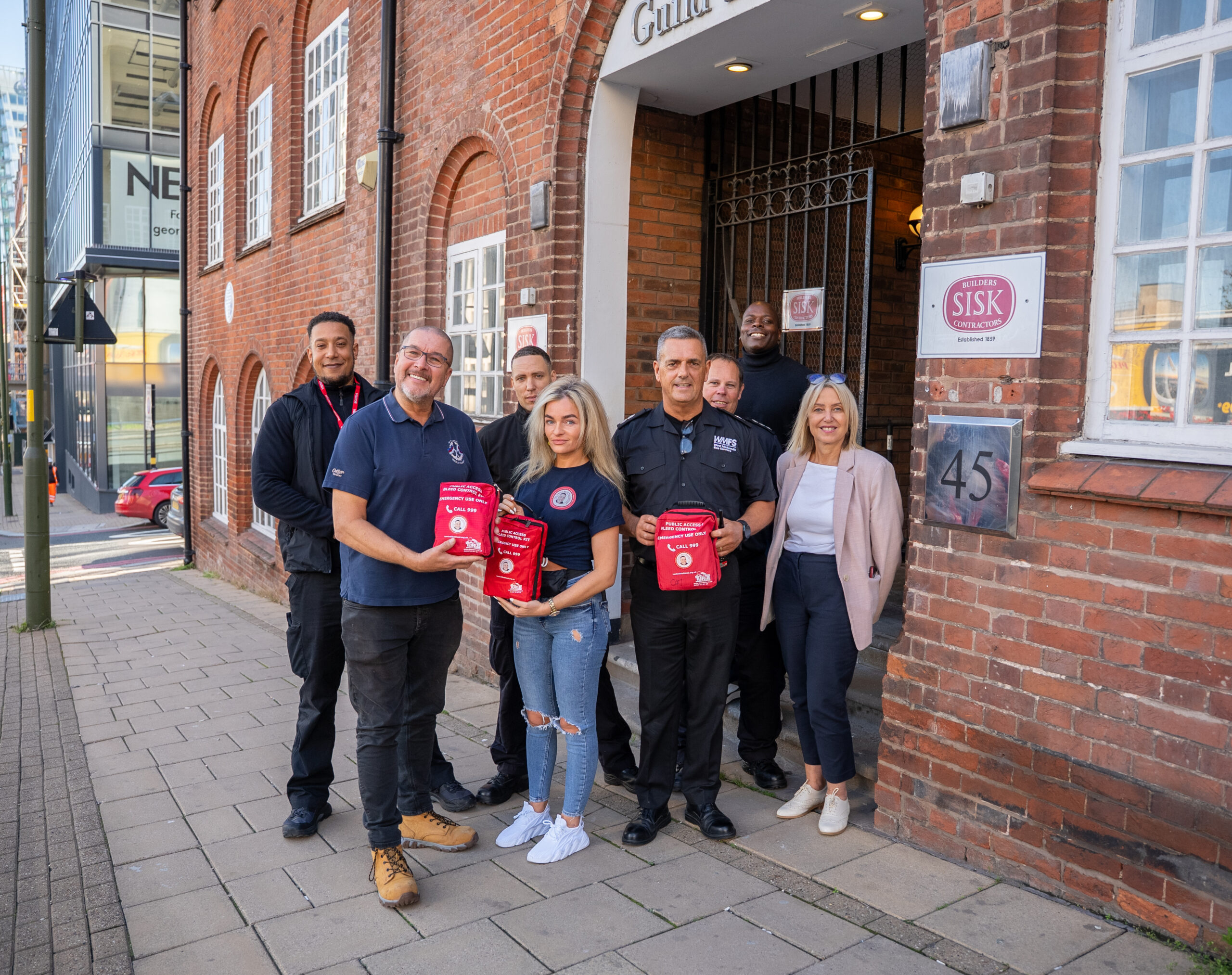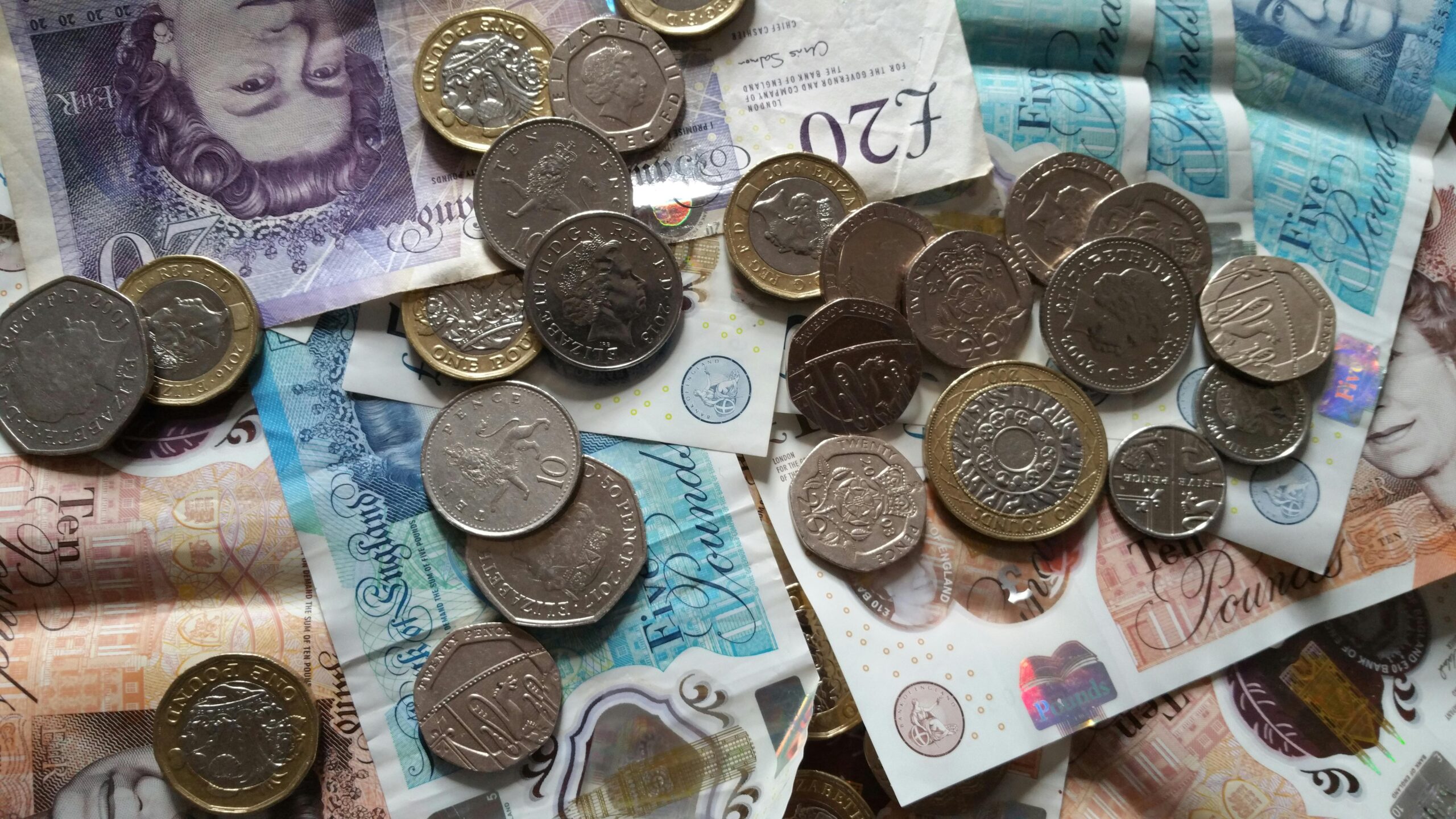Top 10 Travel Safety Tips for Business Professionals
17 June 2025
In today’s interconnected world, business travel is a key feature of the job. Whether its travelling across the UK or abroad, there are risks, challenges and safety concerns that may need to be mitigated.
It’s vital you are well-prepared and well-versed.
Colmore BID is sharing some top tips on how to stay happy and safe whilst you are on your travels.
- PLAN – Planning ahead is essential to designing out many safety & security challenges.
- Gather information on your destination. For foreign travel, check the UK Government’s foreign travel advice website for up-to-date requirements, safety & security guidance.
- How are you going to get there (drive, train, plane)?
- How will you check for updates on delays, diversions, accident hotspots, cancellations?
- What are your plans on arrival? Are you being collected or do you need to consider additional onward transport?
- Make a list – key contacts, emergency contact numbers, venue and hotel details, booking and travel reference numbers.
2. CHECK – Check the details!
- Check the travel details to ensure your journey is smooth and stress free.
- Check you’ve got all the paperwork, booking reference numbers, identification and travel documents, check you’ve got the right visa and vaccinations (if travelling abroad).
- Check your organisation’s insurance cover details, and whether there is a travel policy.
3. POLICIES – Familiarise yourself with:
- Relevant travel insurance & health policies (conditions of cover, exclusions etc)
- Work based travel policies – do you have any? Are there any organisational guidance or conditions you need to adhere to?
4. TECHNOLOGY – Tech is an essential part of everyday life:
- Apps – Are there any apps that will assist with your travel or personal safety concerns? For example, travel apps, hotel/venue apps, local tourist information apps, and lone worker/tracker apps such as the Hollie Guard personal safety awareness app.
- Use a VPN for public Wi-Fi and disable auto-connect on your devices
5. DOCUMENTS – Keep important documents safe:
- Important documents such as passports, flight tickets, hotel reservations, conference/event booking details are kept together and stored securely.
- Consider scanning or having digital copies of all important documents in case of loss or theft.
- Consider protective measures such as biometric log-in to prevent unauthorised access.
6. DOUBLE CHECK – Everything!
- Checking that all arrangements have been made to your satisfaction – this is particularly important if the arrangements are delegated to someone else.
- Check you have the correct documentation for your travel, including travel tickets & seat reservations, passports/visa/vaccination record (if applicable), venue/event and hotel reservations.
7. TIME – allow enough time for an efficient and stress-free experience
- Allow enough time to arrive at train stations or check-in desks at airports.
- More time means more breathing space, more informed decision making and less likelihood of making mistakes.
- Remember, if you are rushed and flustered you are more likely to forget or lose important documents, or be vulnerable to being scammed or exploited.
8. STAYING ALERT – Be situationally aware:
- Always stay aware of your surroundings to mitigate any personal safety risks and uncomfortable encounters.
- Plan your routes in advance, keep to well-lit and populated areas.
- Trust your gut- if it doesn’t feel safe it probably isn’t safe. Don’t ignore your instincts.
- Take precautions – don’t leave valuables on show, only carry enough cash for what you need, and make sure any digital devices are protected and locked against unauthorised use.
- Keep it private – don’t share your personal information, hotel details and room numbers with anyone who doesn’t need to know.
9. PAY YOUR WAY – Be aware of how you make financial transactions:
- Try to avoid paying with debit cards, as they offer less protection that credit cards.
- Use the chip reader rather than swipe or tap.
- Consider using small amounts of cash for everyday expenses and credit cards for more expensive transactions– store each separately in case of loss or theft.
- Think about carrying a decoy wallet with a small amount of cash and old credit cards in areas prone to pick pockets. Always keep your important money and credit cards in a safer, more discreet place.
10. IF I NEED HELP – emergencies can happen anywhere at any time:
- Remain calm and composed – panicking will impact on your ability to think logically and report effectively.
- Follow your plans – hopefully you’ve planned for such eventualities, who to call, contingencies, what support can I draw upon etc. As the saying goes, planning makes perfect!
- Comply with any organisational protocols for managing emergencies, such as informing a nominated person who can help.











